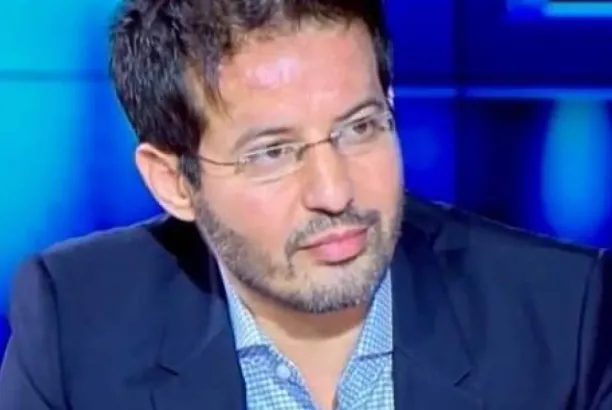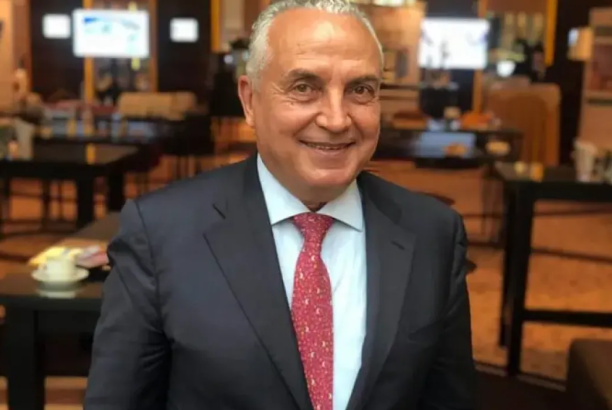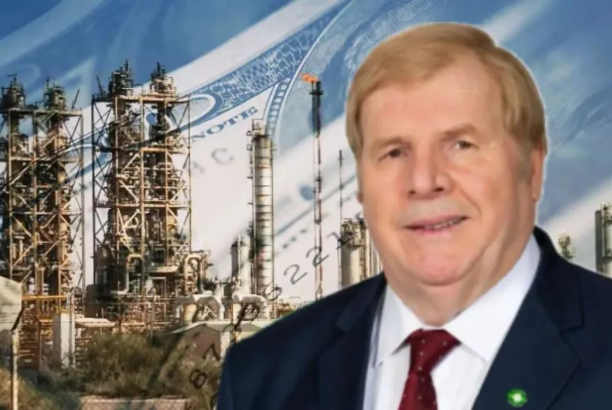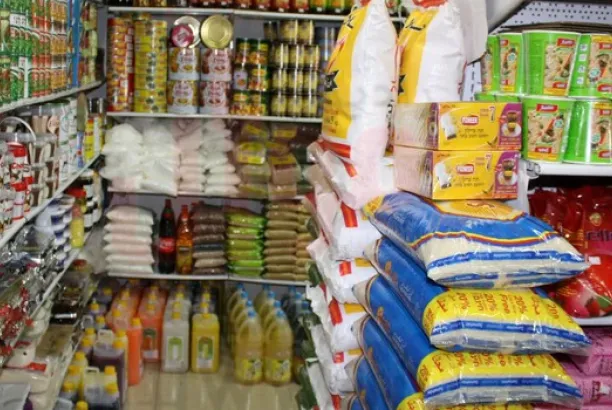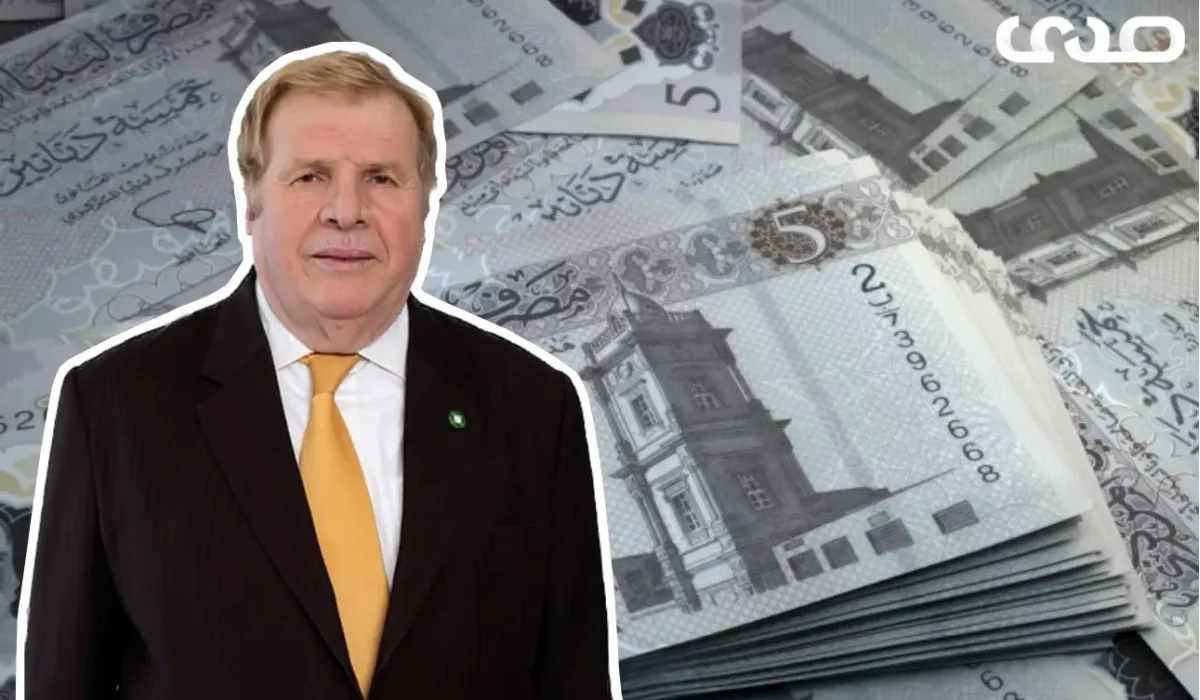
| Economic articles
Al-Zantouti: “Once Again, the Elite and Their Demand to Cancel or Replace the Subsidy!!”
Written by financial analyst Khaled Al-Zantouti: Once again, the elite and their demand to cancel or replace the subsidy!!
To begin with, we are all aware of the negative effects of excessive and unregulated fuel subsidies, and how these can sometimes negatively impact even citizens themselves—through the horrific road accidents we witness daily, and through the exploitation of this subsidy, which was created for their benefit, by those with ill intentions, even foreigners, who have built and continue to build massive wealth by stealing and smuggling this subsidized fuel worth billions—at the cost of the nation’s wealth. Not to mention its significant negative effect on macroeconomic factors and public finances, and the importance and necessity of addressing it. We all understand and acknowledge that. However, I want to point out, with some skepticism and surprise, that most of the elites—when they talk about subsidies, analyze the data, and suggest solutions—make no mention, directly or indirectly, of smuggling and its perpetrators, or the importance of eliminating it as the primary reason for the misuse of the subsidy and its harmful economic effects. Instead, they direct all their anger at the citizen who may be using a few liters to meet their basic needs—while ignoring those smugglers who smuggle fuel to inflate their wealth and offshore accounts, costing billions annually without oversight, deterrence, or legal consequence.
We’ve said it many times: solving the subsidy problem must start with eliminating smuggling. Our main issue is smuggling. It pains me less that a simple Libyan citizen uses a few liters of gasoline a month to get to work, and more that hundreds of thousands—even millions—of liters are being smuggled by organized groups through fleets of ships and vehicles.
Why doesn’t the elite talk about that smuggling, which translates into billions of dollars outside our borders for the benefit of certain individuals, including foreigners? Isn’t that the real tragedy? Why don’t we talk about them and fight them first, before turning to that poor soul—the ordinary citizen?
That raises a big question mark for me—maybe there are reasons behind that, for some! Perhaps the first reason is the state’s inability to fight its own deep state.
Didn’t foreign newspapers recently write that our subsidized oil is being sold at stations in Italy, Malta, and Greece—and surely in Niamey and N’Djamena?
Don’t statistics show that more than 40% of our subsidized fuel is being smuggled—worth billions of dollars—by sea, land, and perhaps even (air)… or maybe it just evaporates straight from the ports!!! And it’s happening in plain sight.
Even from an economic standpoint, I don’t care if a Libyan citizen consumes a few subsidized liters—it’s their oil, from their land. Though I do support organizing it in the future, for another purpose: efficiency. That’s the economic goal we should agree on achieving. But what I really care about is putting an end to this smuggling first—through which billions flow into the pockets of international gangs, some of whom likely have (monetary and oil connections with local entities), receiving crumbs compared to what those gangs make from marketing that smuggled oil abroad.
I’m also amazed by those who demand the cash replacement of subsidies all at once—in one bad-luck strike—and then insist smuggling will end as a result.
To them I say—and I swear—even if the entire subsidy is removed, the smugglers and their bosses will find and develop ways to smuggle it with the government, from the government, and for free! And then the smooth talkers will say: “It’s just transit trade!” What kind of transit trade is this—with no regulations, no system, and in unstable security conditions? It will no doubt be banditry with official or semi-official cover.
Dear (elite) brothers—are you less merciful than the International Monetary Fund, which calls in its recommendations for a gradual removal or replacement of subsidies?
Let me repeat this for the thousandth time: I support organizing fuel subsidies—mainly for the purpose of rationalizing consumption and saving public finances—but gradually, and based on a clear and transparent policy for cash subsidies. This requires careful and practical studies and preparation. But before all that, smuggling must be eradicated first. Only then will we welcome subsidy reform. Only then can we rest assured that our oil remains ours. And even if we bear an extra burden in fuel prices, we will accept it willingly—as long as it aims to rationalize consumption through fair and transparent means that prioritize support for the rightful citizen.


